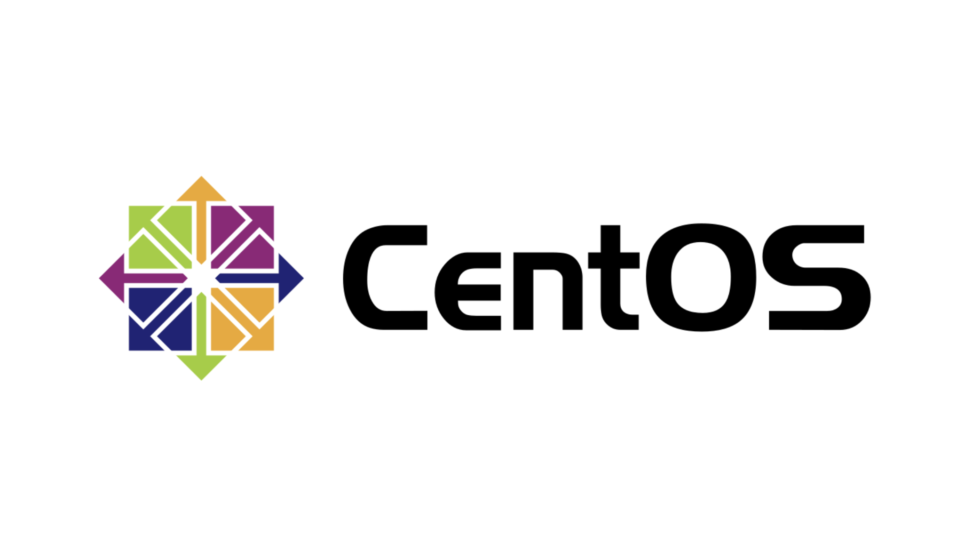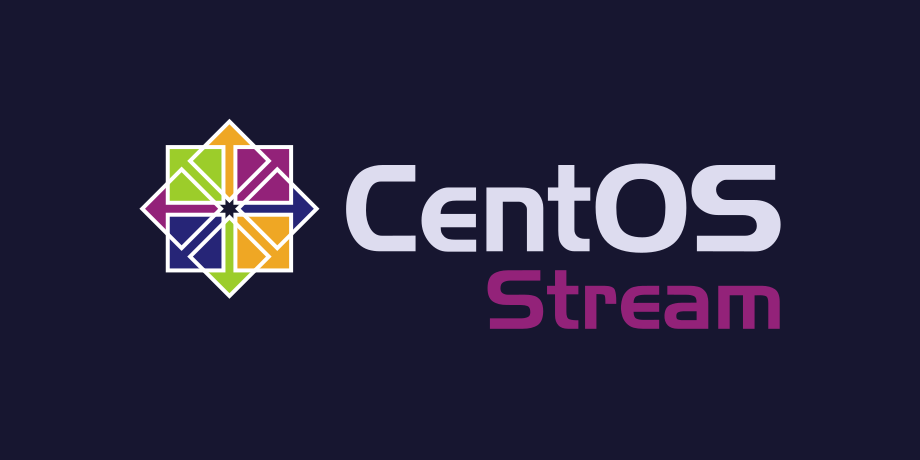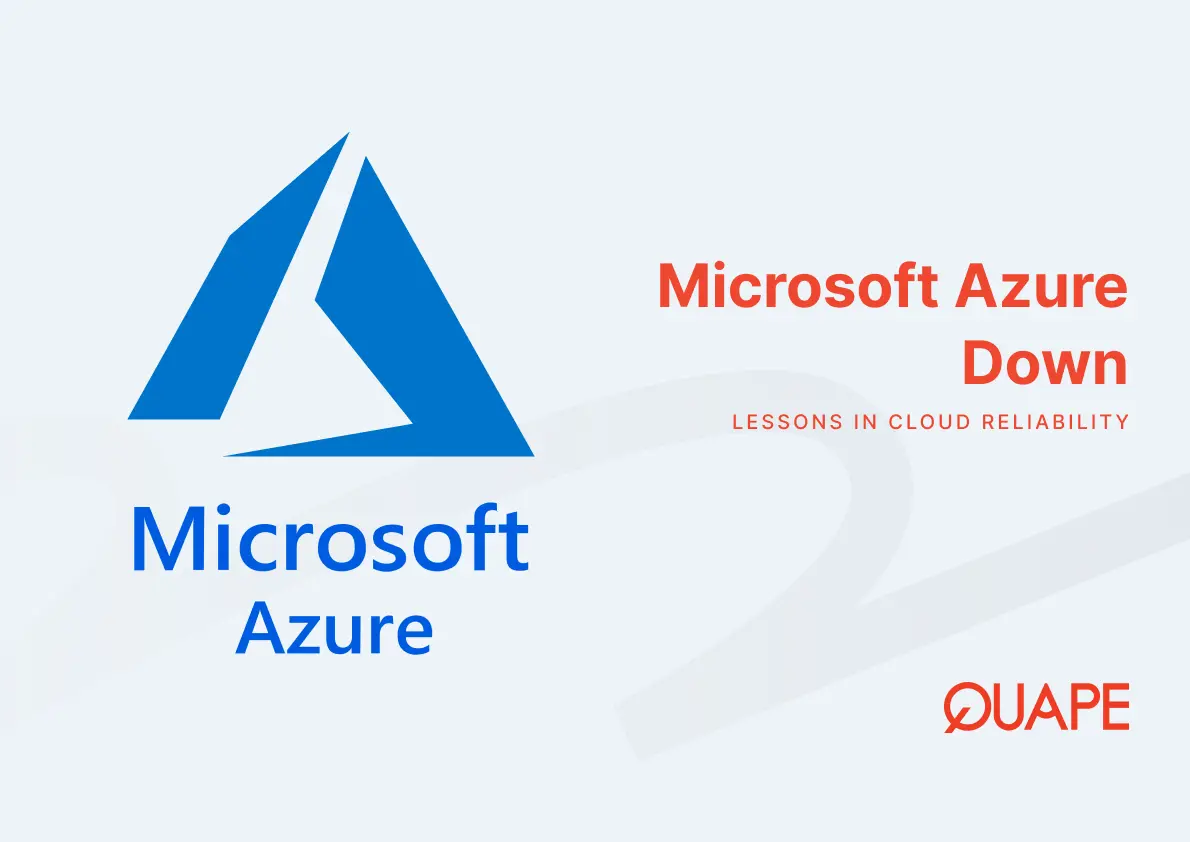If you’ve ever looked into web hosting, particularly for VPS or Dedicated Server plans, you’ve likely come across the term CentOS. It’s one of the most widely used operating systems for servers, a powerful and reliable choice that has a long history of powering mission-critical websites and applications. But what is CentOS, and why is it so popular for hosting?
In this comprehensive guide, we’ll break down the core features and benefits of this Linux server OS, explain its unique place in the market, and help you understand why it’s a top choice for developers, system administrators, and businesses worldwide.
Table of Contents
ToggleWhat is CentOS?

CentOS stands for Community Enterprise Operating System. It’s a free, open-source Linux distribution that was historically a direct, binary-compatible clone of Red Hat Enterprise Linux (RHEL). This means that a server running CentOS could use the same software and configuration files as a server running the paid, enterprise-grade RHEL, but without the licensing fees.
This unique relationship with RHEL is the key to CentOS’s identity. It provided the stability and security of an enterprise-level system, backed by a large community, making it a perfect solution for businesses that wanted a reliable server OS without the cost of a commercial license.
Why CentOS is a Top Choice for Servers?
CentOS’s popularity in the server world isn’t an accident. It’s built on a foundation of features that prioritize stability, security, and long-term reliability.
1. Unmatched Stability and Reliability
The primary reason for choosing CentOS is its legendary stability. Its core philosophy is to provide a rock-solid, predictable environment. Software packages are thoroughly tested and vetted before being included, which means you get a server that rarely crashes or breaks due to a faulty update. For mission-critical websites and applications where uptime is essential, this stability is a massive advantage.
2. Enterprise-Grade Security
As a clone of RHEL, CentOS inherits a strong focus on security. It comes with built-in security features and a system that receives timely security patches. This makes it a highly secure platform for handling sensitive data and protecting your website from threats. For hosting companies and businesses, this security is non-negotiable.
3. Long-Term Support (LTS)
CentOS releases are designed for long-term support. A single version is maintained and updated with security patches for many years, sometimes for over a decade. This is perfect for enterprises that need a stable platform they can set up and run without worrying about major system upgrades every few months. This long-term stability reduces maintenance costs and effort.
4. Rich Ecosystem and Community Support
CentOS has a massive and active community. This means there’s a huge library of tutorials, forums, and documentation available online. Whatever issue you encounter, there’s a high probability that someone has already found a solution for it and shared it on the web. It also benefits from a wide range of compatible software and enterprise-grade tools.
5. Compatibility with Control Panels
Many of the most popular web hosting control panels, such as cPanel, Plesk, and DirectAdmin, were originally optimized for CentOS. This seamless compatibility makes it a perfect choice for web hosts and users who rely on these control panels for server management.
CentOS Stream: The New Chapter

In late 2020, the original CentOS project announced a major change: it would transition to CentOS Stream.
- Old CentOS: A static, stable, and predictable OS.
- CentOS Stream: A rolling-release version that sits between Fedora and RHEL. It serves as a testing ground for future RHEL releases, which makes it less stable and predictable than the old CentOS.
This change has led many long-time users to seek out new, binary-compatible RHEL clones that maintain the old CentOS philosophy. The most popular of these are AlmaLinux and Rocky Linux, which are both excellent alternatives that replicate the stability and reliability of the original CentOS.
Is CentOS (or a Successor) Right for Your Hosting?
The answer depends on your needs.
- Choose CentOS (or a successor like AlmaLinux/Rocky Linux) if you need a server for a stable, mission-critical application. It’s the ideal choice for corporate websites, e-commerce stores, and enterprise-level applications where stability and long-term support are more important than having the latest software packages.
- Choose another OS, like Ubuntu, if you’re a developer who needs to experiment with the newest technologies and a very up-to-date software stack.
For most businesses and websites, the rock-solid reliability of CentOS and its successors makes them a top contender for the best Linux OS for servers.
Conclusion
CentOS has earned its reputation as a leading server operating system by providing a stable, secure, and reliable foundation for countless websites and applications. Its legacy of enterprise-grade reliability and long-term support makes it an excellent choice for businesses that need a “fire and forget” server environment. While its future is now in CentOS Stream and its successors like AlmaLinux and Rocky Linux, the core philosophy of a stable, secure, and free enterprise Linux OS remains the same.
Ready to launch your project on a powerful and stable server? Quape, a leading web hosting and domain company in Singapore, offers high-performance VPS Hosting solutions that give you the freedom to choose your preferred Linux distribution. With Quape, you can select CentOS (or its successors), Ubuntu, or Debian, and get a reliable, secure, and fast environment backed by our expert support. Explore Quape’s VPS hosting plans today and find the perfect OS for your website.
- What Is Apache? A Simple Guide for Beginners - October 27, 2025
- What Is Nginx? A Simple Guide for Beginners - October 27, 2025
- What Is Drupal and How to Install It Easily - October 24, 2025



